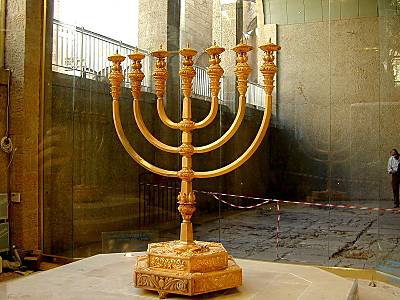
Matzo, (also spelled Matza or Matzah) is a type of unleavened bread. Matzo is traditionally eaten during the holiday of Passover. Matzo is made of just water and flour, without any yeast. The reason that matzo is eaten during Passover is that centuries ago, the Jews fleeing Egypt had to eat unleavened bread, simply because they were not able to stay in one place long enough for their bread to rise. The tradition of eating matzo is meant to commemorate the sacrifices that were made, and to remind people of the rest of the Passover story, including the Jews' escape from Egypt.
Many other derivative foods are also made of matzo, such as matzo ball soup and matzo meal. Matzo ball soup is typically made from matzo, along with various vegetables and herbs. The wide variety of matzo-based dishes is based in part on necessity, since Jews cannot eat most other types of grain products. The important distinction is that matzo must be cooked very soon after it is mixed with water, before it has a chance to rise at all. The heat from baking prevents the matzo from rising at all, and then the matzo can either be eaten, or ground up and used in a recipe.
Information from
http://www.jewfaq.org/holidaya.htm


